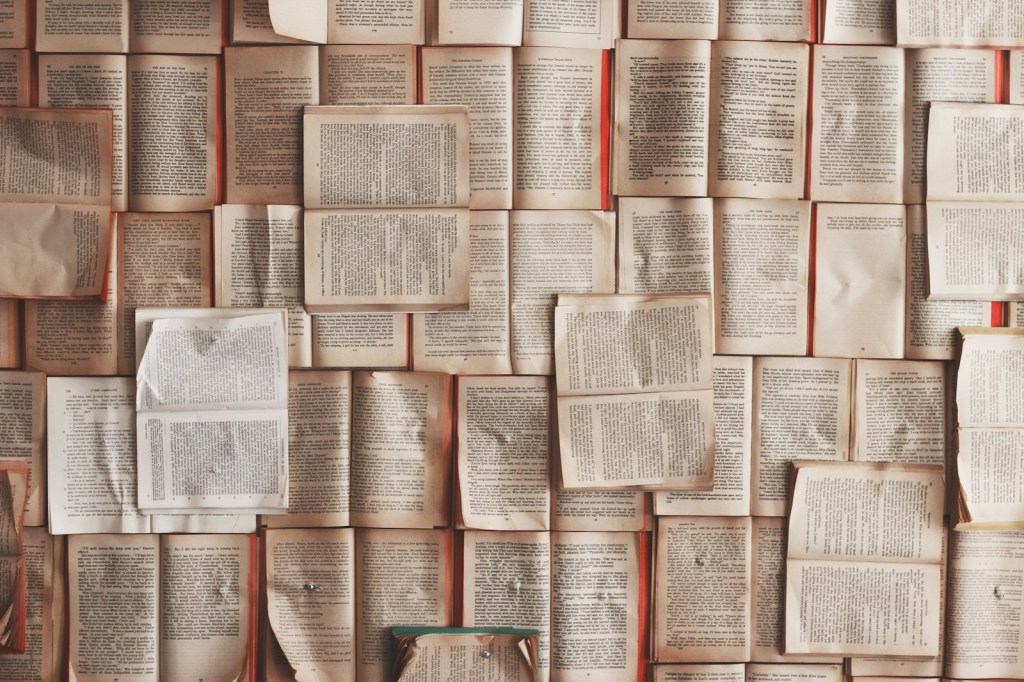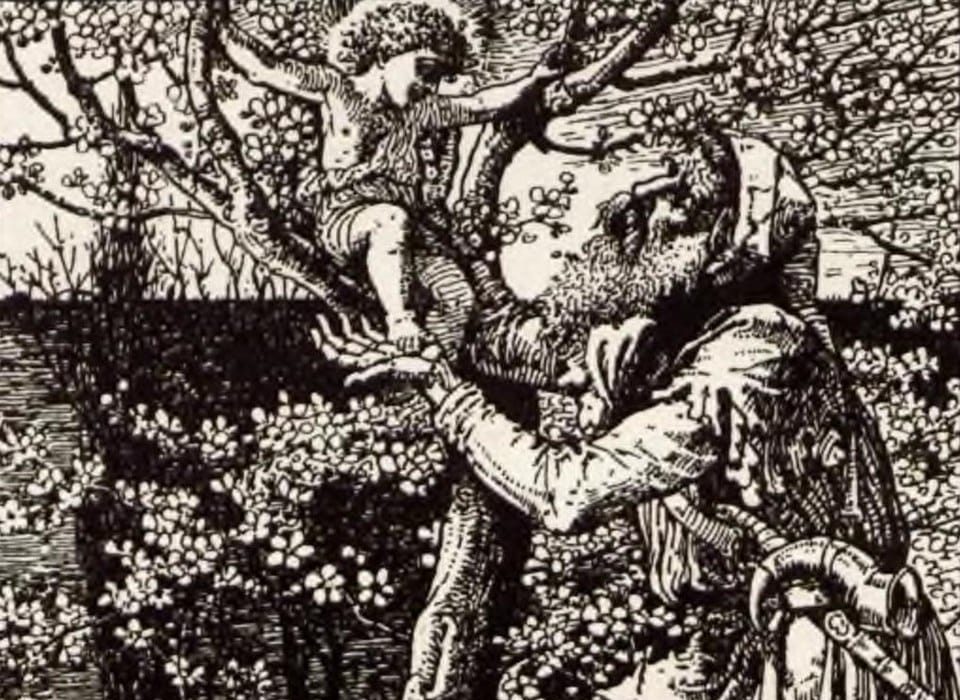The academic world throes the word analysis around often. If you are unfamiliar with the term then that’s a little confusing, as it appears to imply numerous ways to understand one particular thing and in no particular discipline. This is okay because academia is all about how you define a term as long as you define it. This includes analysis and literary analysis.
In this post, we are going to look at the definition of analysis and we will see how that helps us define literary analysis.
The Definition of Analysis
According to Merriam-Webster analysis is, “a careful study of something to learn about its parts, what they do, and how they are related to each other.” Likewise, the Oxford Dictionary of Philosophy defines analysis as, “The process of breaking a concept down into more simple parts, so that its logical structure is displayed.”
As we now have working knowledge of analysis, we might see how these definitions defy some of our prior knowledge. That is to say, analysis isn’t an umbrella term that involves poking something with the eraser of a pencil. In fact, it has to do with viewing a particular subject and its moving parts to see how they relate.
How Does This Apply to Literary Analysis?
Understanding analysis helps us understand a term close to the heart of a writer: literary analysis. As literary analysis has been defined, it is “not merely a summary of a literary work,” but rather “an argument about the work that expresses a writer’s personal perspective…” So, it’s not just our opinion, but our perspective on a work as a whole. All the while, analysis involves using our own background and understanding as well. It is literally looking at the elements of a story or a written work and seeing how they interact. We also want to have something to glean from it or understand.
As stated by some researchers: “This is accomplished by examining the literary devices the author uses within the work. The purpose of a literary analysis is to demonstrate why the author used specific ideas to convey his or her message” (Germanna). When we analyze on a literary level, we are looking at form, structure, tone, diction, syntax, etc. Then, we try to understand how all of those ideas relate.
Examples of Literary Analysis
Think about it. We could analyze a single author’s work just by looking at literary conventions such as form and tone.
As a fan of Ray Bradbury, I know that his work and tone differ from book to book because after reading a great deal of his writings, I can begin to understand his style. For example, if you read The Martian Chronicles, then you will know that this book is a collection of short stories (form) that is filled with curiosity and imagination (tone). Meanwhile, if you read Something Wicked this Way Comes then you will see that it’s a full-length novel (form) that is dark and mysterious (tone).
This is a surface-level interpretation but I can also use my own experiences with imagination, wonder, horror, and mystery to inform my analysis. The end goal then is to see how all of these parts work together to make the complete whole.
Concluding Analysis
Our quick examination, and comparisons and contrasts, help us analyze the text by understanding a subjects’ form and tone (short stories, novels, or poems) Yet, we can look at any literary conventions of a text (aside from form and tone), whether that be the characters, the plot, or the theme (or whatever) to conduct our own analysis. As mentioned, we can then tie this all together for one complete analysis the information we glean from this then creates a new understanding in the literary world.
Works Cited
Academic Center for Excellence. “Writing a Literary Analysis Paper.” Germanna Community College, Feb. 2AD, germanna.edu/wp-content/uploads/tutoring/handouts/Literary-Analysis.pdf.
Analysis > Definitions and Descriptions of Analysis (Stanford Encyclopedia of Philosophy). plato.stanford.edu/entries/analysis/s1.html#1.
Definition of ANALYSIS. 20 Nov. 818, merriam-webster.com/dictionary/analysis.





Leave a comment